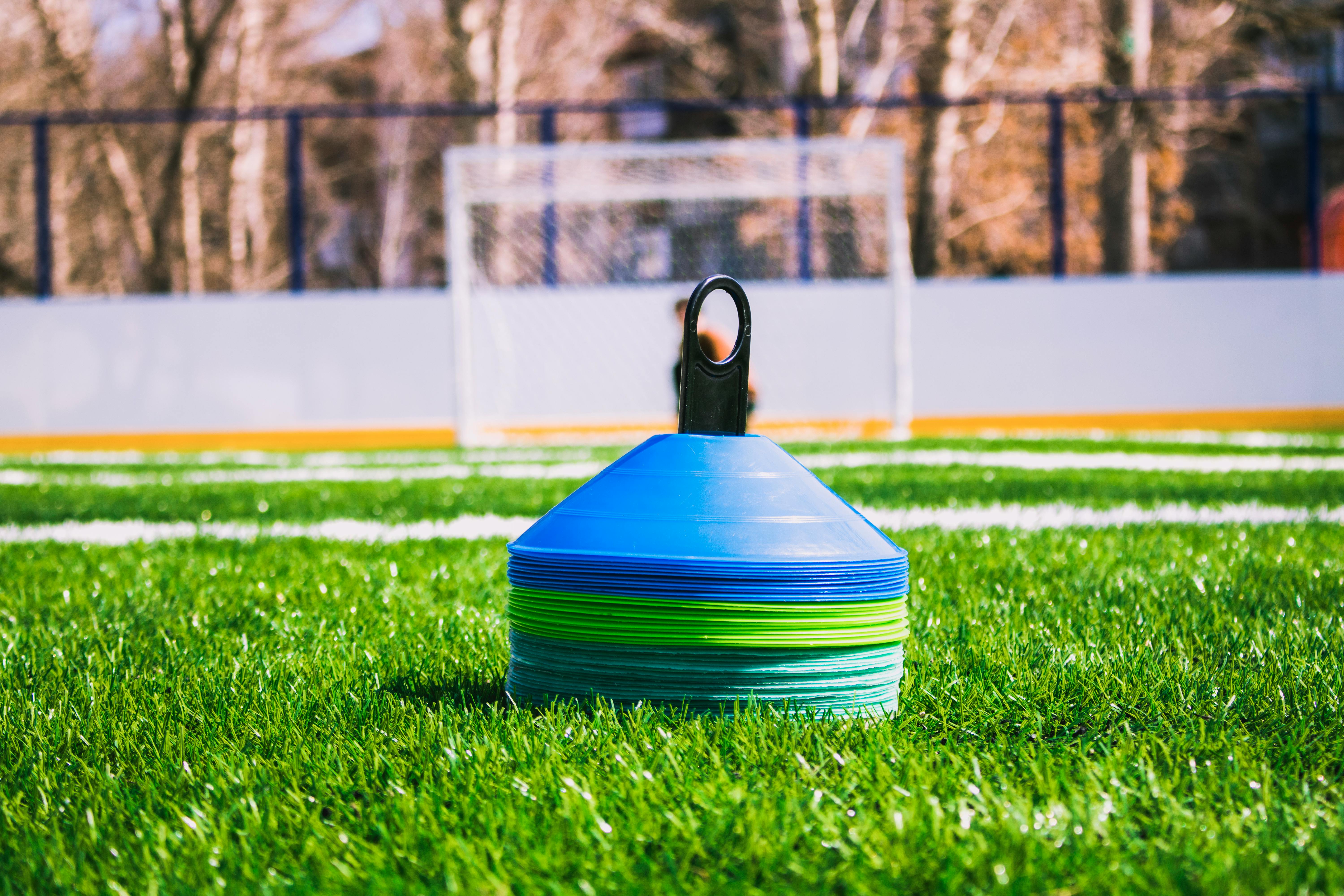
“Every time I lose, I learn.” - Zinedine Zidane
In the world of sports, resilience is often as important as physical skill. Some of the most inspiring stories in sports history come from athletes who faced great obstacles–stories that inspire both on the field and in everyday life. From overcoming injuries to pushing through tough training sessions, the path of a young athlete is loaded with challenges that require more than just talent. It is through resilience and mental toughness that these athletes learn valuable lessons that surpass the limits of the playing field.
Mental toughness has an essential and profound impact. It enhances athletic performance, particularly under the pressure of competition, and significantly boosts an athlete's confidence and self-esteem. For young athletes, developing resilience is a transformative experience, equipping them with skills that are crucial in both sports and their personal lives.
One of the most significant benefits of resilience is the confidence it teaches young athletes. This newfound confidence can diminish the fear of failure that often affects them. They can learn early on that mistakes and losses are not merely setbacks but fundamental components of their growth. Embracing this mindset encourages them to take risks and remain motivated, even when facing difficult challenges.
Moreover, resilience equips athletes with the tools necessary to manage pressure and maintain composure in high-stress situations. The competitive nature of sports can create environments full of tension, where focus and clarity become paramount. Mental toughness allows athletes to remain centered, manage their emotions effectively, and make rational decisions amidst the chaos of competition. This ability to stay calm under pressure is invaluable for quick thinking and emotional control.
Beyond the immediate benefits of improved performance and composure, resilience lays the groundwork for essential life skills. The mental fortitude developed through sports prepares young athletes to tackle the countless obstacles they will encounter elsewhere, whether in academics, social interactions, or even their future careers. The lessons learned on the field become invaluable tools for navigating life's ups and downs.
As we observe the myriad ways in which resilience impacts young athletes, it becomes clear that this trait is not only beneficial but essential. Prioritizing the development of mental toughness ensures that young athletes can cultivate a sense of confidence that empowers them to tackle challenges head-on. Resilience is a powerful trait that equips young athletes to navigate the complexities of both sports and life. The journey of an athlete is about more than just competition; it’s about the lifelong lessons learned along the way, and resilience is at the heart of that journey.